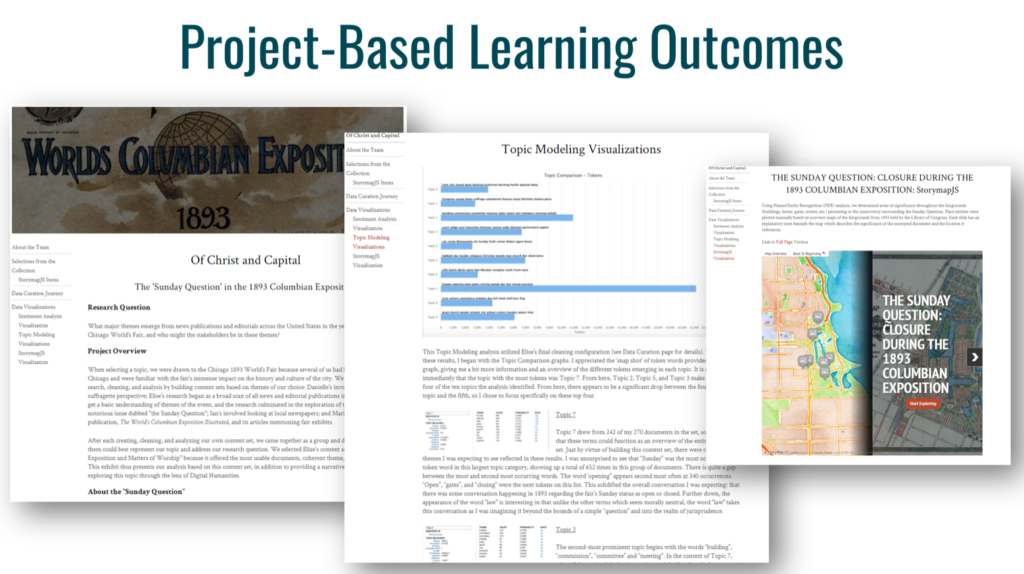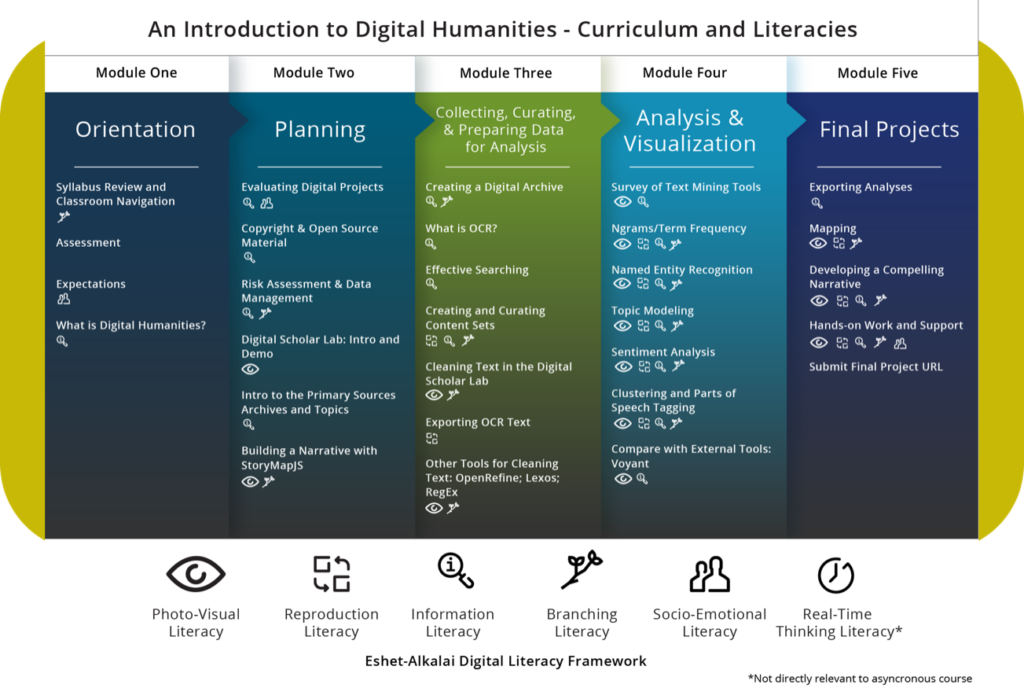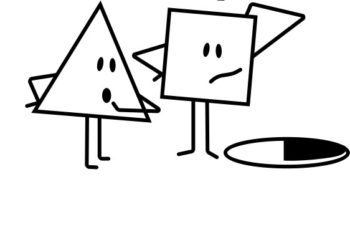Editor’s Note: Today’s post is by Sarah Ketchley, PhD & Lindsey Gervais, PhD. Sarah is a senior digital humanities specialist at Gale and an Egyptologist, art history scholar and a lecturer in the Department of Near Eastern Languages & Civilization at the University of Washington, where she teaches introductory and graduate-level classes in digital humanities. Lindsey is a digital learning manager at Gale where she assists in the learning design and development of the Gale Digital Scholarship Program.
There has been much discussion in the media regarding the value of humanities education, against a backdrop of severe budget cuts and fewer students enrolling in post-secondary institutions. What value do humanities graduates bring to the workplace?
The answer is considerable value: history students, for example, sift through substantial amounts of information, organize it, and make sense of it. In the process they learn how to infer what drives and motivates human behavior from elections to social movements to boardrooms. Employers interested in recruiting future managers should understand (and many do) that historical thinking prepares one for leadership because history is about change — envisioning it, planning for it, making it last. Success often goes to whoever can articulate the most compelling narrative.
Similarly, literature is all about understanding communication: how words have the power to connect and move people, while developing the capacity for empathy and emotional intuitiveness and intelligence.
Against this backdrop, the evolving field of digital humanities offers an opportunity for students to develop a range of practical skills to complement the more “traditional” intellectual skills associated with the humanities.
21st century skills in digital humanities
By integrating project-based learning (PBL) into their courses, professors can introduce digital tools and research methodologies that help students explore, investigate and think critically about complex questions.
Characteristically, a PBL-integrated course:
- incorporates the use of digital tools and research methodologies.
- invites students to investigate complex topics and phenomena.
- is inquiry-focused and collaborative.
- facilitates key critical thinking and project management skills.
Courses embedded in the digital humanities promote the development of 21st century skills, including information and data literacy and project management — as well as career readiness skills, like critical thinking, communication, cultural awareness, curiosity, and empathy.
Project management
Through engagement in digital humanities projects, learners build skills in project planning, scope and risk assessment, and data wrangling and management. Participating in team-based, collaborative project work helps students understand the importance of roles, responsibilities, and effective communication. Developing then strengthening such skills in college will aid students in making a successful transition to the workplace.

In the classroom
Digital humanities research is driven by collaboration. There are a number of ways instructors can simulate this in their teaching in both in-person and online classrooms, by building a structured learning experience which still provides flexibility for personal and team exploration and growth.
The learning management system (LMS) can be used as a hub to equip students with the information and resources they’ll need to be successful, including a class calendar, a logical and straightforward syllabus tied to clear learning outcomes, and detailed rubrics. The LMS can also provide a space for students to communicate, including on class discussion boards.
Instructors can provide opportunities for students to work in groups and professionalize roles within each team. Successful collaborations are built on establishing and maintaining expectations for working in team environments, and the professor can help teams identify their preferred working practices at the beginning of the semester. Integral to this process is effective communication, in both in-person and online discussions. Professors can use collaboration tools, like Github, Omeka, Scalar, Slack, Zoom, and Notion, to help students connect. Similarly, writing for online presentation may be new for students, but it is a skill that will serve them well both today, and well into the future.
Information and data literacy
In digital humanities courses, students may be tasked with conducting research and finding data related to an overarching theme. The process of data curation or gathering material that is both meaningful and relevant, can be slow and painstaking.
Text-mining is a subset of the field of digital humanities, calling on analytic and interpretative skills. Through qualitative and quantitative analysis, students learn to understand, interpret, synthesize, and communicate the results of their research effectively, often on a public-facing platform, as well as to other team and class members.

While the process of text-mining includes gathering a corpus of data significant enough to analyze, increasingly, there are open source and proprietary solutions to support such work —like Gale Digital Scholar Lab, HathiTrust, Dataverse and others. These platforms remove barriers to gathering information — enabling faculty, students and researchers to access and analyze it.
In addition to finding data, students must understand how to evaluate information critically and consider it in relation to social, political and rhetorical contexts. Then, the information can be used to answer questions, solve challenges and develop innovative solutions.
Provide a well-rounded education through the digital humanities
Given the pandemic’s impact on college enrollment, post-secondary institutions must find new, innovative ways to meet the needs of today’s students.
Our suggestion: Leverage the digital humanities to equip learners with a 21st century skillset that will benefit them both today, and tomorrow.



